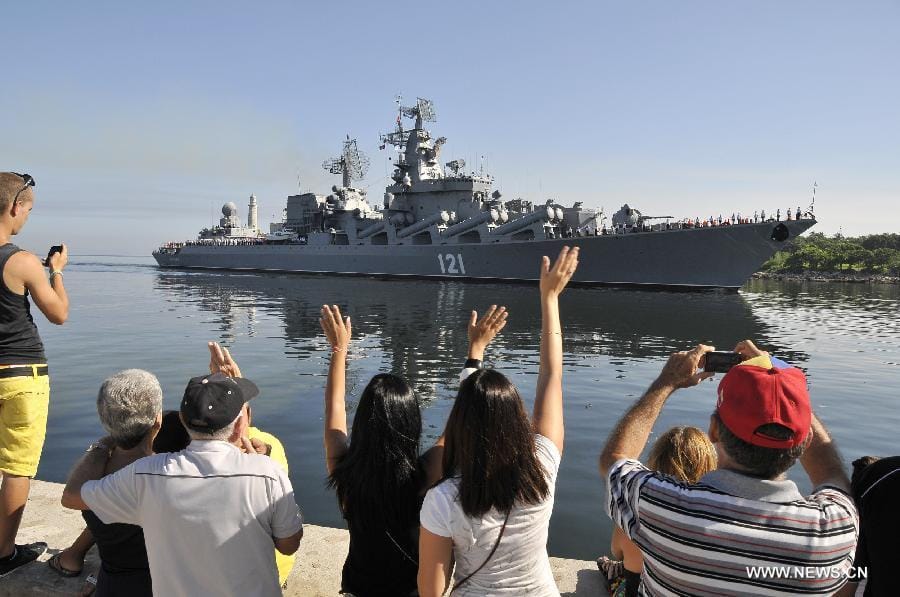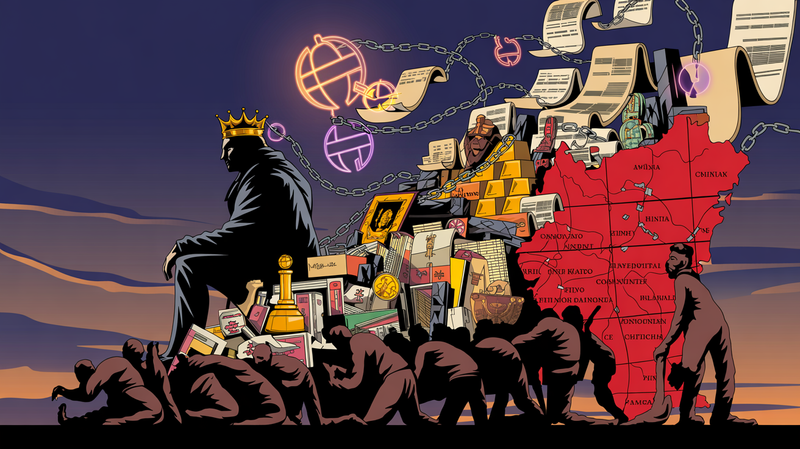Geopolitical Chess: Russia in Cuba and the U.S. in Estonia
In the intricate dance of global geopolitics, two notable developments have drawn significant attention: Russia's strengthening presence in Cuba and the ongoing deployment of U.S. troops in Estonia. These movements, reminiscent of Cold War-era strategies, highlight the continuing jostle for influence between major world powers. Russia'

In the intricate dance of global geopolitics, two notable developments have drawn significant attention: Russia's strengthening presence in Cuba and the ongoing deployment of U.S. troops in Estonia. These movements, reminiscent of Cold War-era strategies, highlight the continuing jostle for influence between major world powers.
Russia's Foray into Cuba: A Strategic Maneuver
Russia's increasing involvement in Cuba, particularly in economic and military spheres, represents a significant stride in its global strategy. This move is seen as an attempt to establish a stronger foothold in the Western Hemisphere, potentially challenging U.S. dominance in the region. Russia's actions include not just economic investments but also potential military cooperation, raising the specter of a renewed Russian presence in a country just 90 miles off the U.S. coast.
The U.S. Stance in Estonia: Bolstering NATO's Eastern Flank
Conversely, the U.S. maintains its troop presence in Estonia as part of NATO's commitment to safeguard its eastern members. This deployment is a clear signal of the U.S. and NATO's dedication to collective defense, particularly in the face of perceived Russian aggression in Eastern Europe. The presence of American forces in the Baltic region is a strategic counterbalance to Russia's activities near NATO borders.
Implications and Challenges
These developments underscore the complex and often tense nature of international relations. The situation poses significant diplomatic challenges, as any aggressive moves could escalate into larger conflicts. Additionally, these actions reflect the broader strategic games played by the U.S. and Russia in their quest for global influence.
Looking Ahead
As the world watches these geopolitical maneuvers, the question remains: how will this balance of power shift in the future? Will these moves lead to heightened tensions, or will they open up new avenues for diplomatic engagement? The answers to these questions will shape the course of international relations in the coming years.
In essence, Russia's actions in Cuba and the U.S. presence in Estonia are more than mere troop movements; they are chess moves in a global game of power and influence, with implications that reach far beyond the borders of the countries directly involved.




